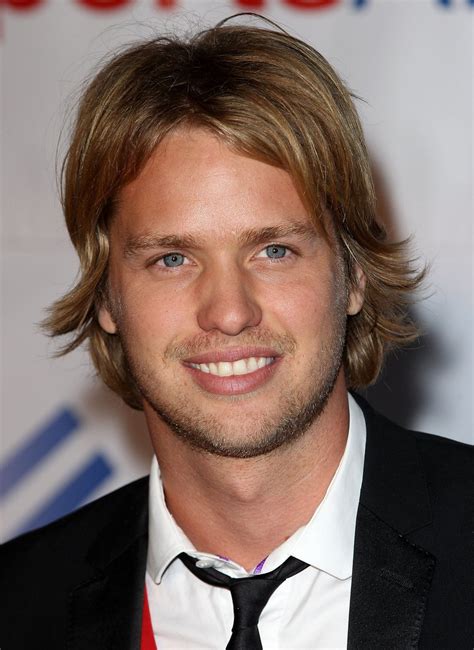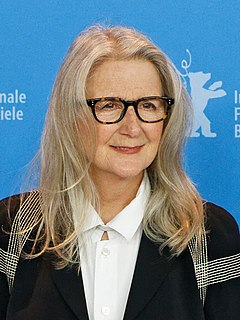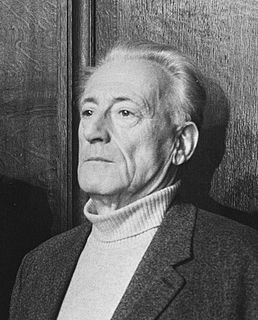A Quote by Joshua Oppenheimer
Films can't change the society, they can simply open the space for the discussion which can lead to social change and can start new forms of social activism. I feel formally that I've scratched the surface of something very important about the nature of nonfiction film, about what we're very rarely honest about: When you film anybody, they start performing.
Related Quotes
I believe the medium of film is one of the most powerful tools in the modern era to create positive social change. It has the ability to put big, complex, and controversial subjects across in an easy-to-understand and digestible form. It has the power to change someone's perspective on the world in a very short space of time - film has the power to change the world itself.
I think that film festivals, we're very often given to understand, are about filmmakers and about films and about the industry of filmmaking. I don't believe that they are, I believe that film festivals are about film audiences, and about giving an audience the encouragement to feel really empowered and to stretch the elastic of their taste.
There's something that happens where you go, if you're lucky, goodness me, from film to another film to another film. And you can sort of feel that if you step off that treadmill, it might all go horribly wrong and you might never be employed again, you know. And I suddenly thought that that's not necessarily the case. And I also thought we make drama as actors about people in the world and that if you are on that treadmill, you start making films about other films.
The language of cinema as it has evolved has also excluded vast swathes of human experience. The forms we find in the process of making a film can start to redress this balance and venture into uncharted territory. This is not just about unsung identities but about the subtleties and nuances of contemplation, the drifting spaces in which the worlds of the very small and the very large collide. Camerawork is a part of that.
When you start talking about same-sex marriage, you start talking about abortion, and I think those issues are very very important and very interesting and very right for us to talk about, but when we allow those issues to cannibalize all other issues we find ourselves homeless while we debate about it.
I often find in the film world, that it's very self-referring. If you talk to someone about films, they talk about them in terms of other films - rather than as something that happened to them in their life. And I'm really keen to get back to film as a reference to real things, not necessarily to other films.
There are no atheists in foxholes, they say, and I was a foxhole atheist for a long time. But after going through a midlife crisis and having many things change very quickly, it made me realize my mortality. And when you start to think about death, you start to think about what's after it. And then you start hoping there is a God.
Today, blacks are no longer the litmus paper or the barometer of social change. Blacks are in every segment of society and there are laws that help to protect them from racial discrimination. The new ‘niggers’ are gays. It is in this sense that gay people are the new barometer for social change. The question of social change should be framed with the most vulnerable group in mind: gay people.





































